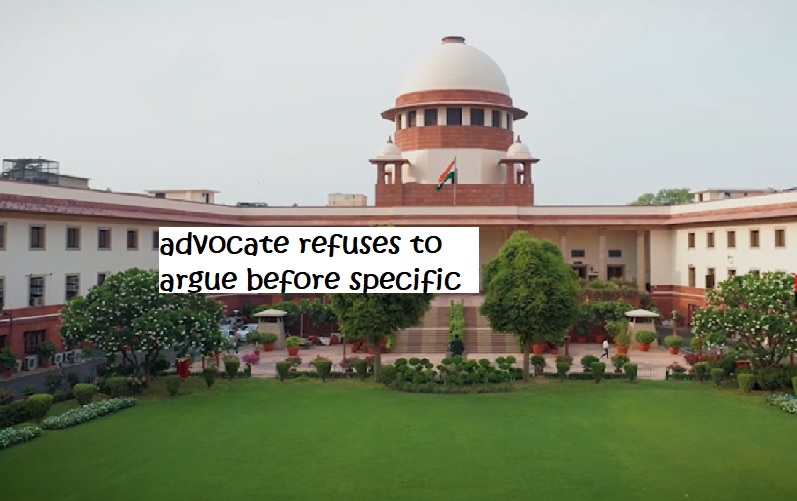


On December 1, the Supreme Court expressed astonishment during the hearing of a criminal appeal when an advocate refused to argue before the High Court. The appeal involved the conviction of the accused under various sections of the Indian Penal Code, 1860. The appellants, after being convicted, sought relief from the Allahabad High Court, which granted them interim bail pending appeal. However, when the case came up for hearing, the appellants' counsel declined to present arguments, leading to the cancellation of the interim bail.
Subsequently, the matter reached the Supreme Court, specifically before Justices Abhay S. Oka and Pankaj Mithal. The Division Bench, addressing the advocate's behavior, expressed shock and emphasized that the advocate's refusal to argue before the High Court might constitute prima facie criminal contempt. In response, the Court issued a show-cause notice to the advocate, compelling him to appear before the Supreme Court and explain his conduct.
Additionally, the Supreme Court criticized the High Court's decision to cancel the bail solely based on the advocate's default. The Court argued that penalizing the appellants with the drastic step of bail cancellation due to their counsel's actions was unwarranted. Instead, the High Court could have appointed an amicus curiae for the accused and proceeded to hear the matter on its merits.
The Court reiterated its stance on the option available to the High Court when an accused's counsel seeks an 'unwarranted adjournment' in an appeal against conviction. According to established principles, if the accused's counsel causes delays, the High Court has the discretion to appoint an amicus curiae to represent the accused and proceed with the appeal on its merits.
In light of these considerations, the Supreme Court overturned the cancellation of the interim bail order issued by the High Court. The Court underscored that if, during the appeal hearing, the appellants' counsel sought an unwarranted adjournment, the High Court could appoint an amicus curiae to ensure the proceedings moved forward.
The Court's order clarified that the High Court should exercise its discretion judiciously, avoiding extreme measures like bail cancellation solely based on counsel's default. Instead, the focus should be on ensuring a fair hearing and addressing delays appropriately, such as by appointing an amicus curiae.
In conclusion, the Supreme Court not only addressed the specific case but also provided guidance on how lower courts should handle situations where an accused's counsel hampers the progress of an appeal. The emphasis was on maintaining the integrity of the judicial process and ensuring that litigants are not unduly penalized for the actions of their representatives.
TAGS: Supreme Court criminal appeal advocate conduct refusal to argue High Court contempt notice